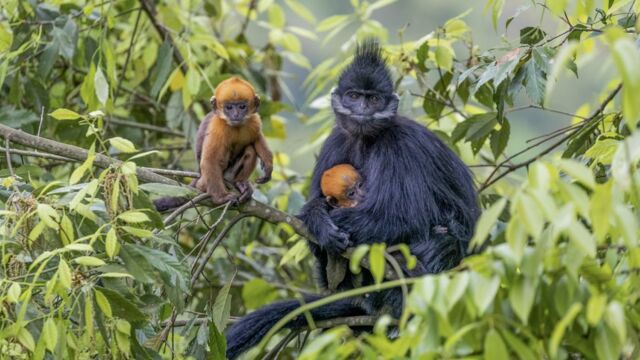Published in the journal Frontiers in Forest and Global Change, a recent study by an international team of researchers reveals that almost all of the Earth's ecosystems have changed dramatically from what they were a few hundred years ago.
Discover our latest podcast
3% of surfaces intact, an alarming fact
First of all, we must agree on the terms. And that is because 'free of human disturbance does not mean ecologically intact,' warn the researchers. In fact, some regions may appear to be unchanged overall, even though they have lost species vital to their functioning.
In order to carry out the study in as much detail as possible, they used three criteria: the habitat, the wild fauna (making it possible to count the species that have disappeared within this inhabitant), and finally the density, i.e. whether these species are numerous enough to fulfil their ecological role in the ecosystem.
Their results leave no room for doubt. Less than 3% of the world's environments have kept all their animal populations and habitats intact. What it means, is that human activities have had a huge impact on the fauna and flora of the entire planet
The scarcity of intact spaces should alarm us, according to Dr Plumptre. Interviewed by the Guardian, the researcher explains:
The results show that it may be possible to increase the ecologically intact area by up to 20% through targeted reintroductions of lost species in areas where human impact is still low..
Is reintroducing extinct species a solution?
Among the areas most affected by species loss are northern Europe, northern Africa and the western United States. Conversely, those that are best preserved are located in territories managed by indigenous communities. This demonstrates once again the crucial role of indigenous communities in the preservation of ecosystems, and therefore of the planet.
However, all is not lost for us earthlings. The study also highlights the very positive role of reintroducing extinct species into the environment. This could restore some of the low-impact areas.
The results show that it may be possible to increase the ecologically intact area by up to 20% through targeted reintroductions of lost species in areas where human impact is still low.
Dr Plumptre cites the example of the successful reintroduction of wolves in Yellowstone National Park, or in the Congo Basin, where elephant populations have been decimated. Provided that hunting is controlled, he hastens to add.















